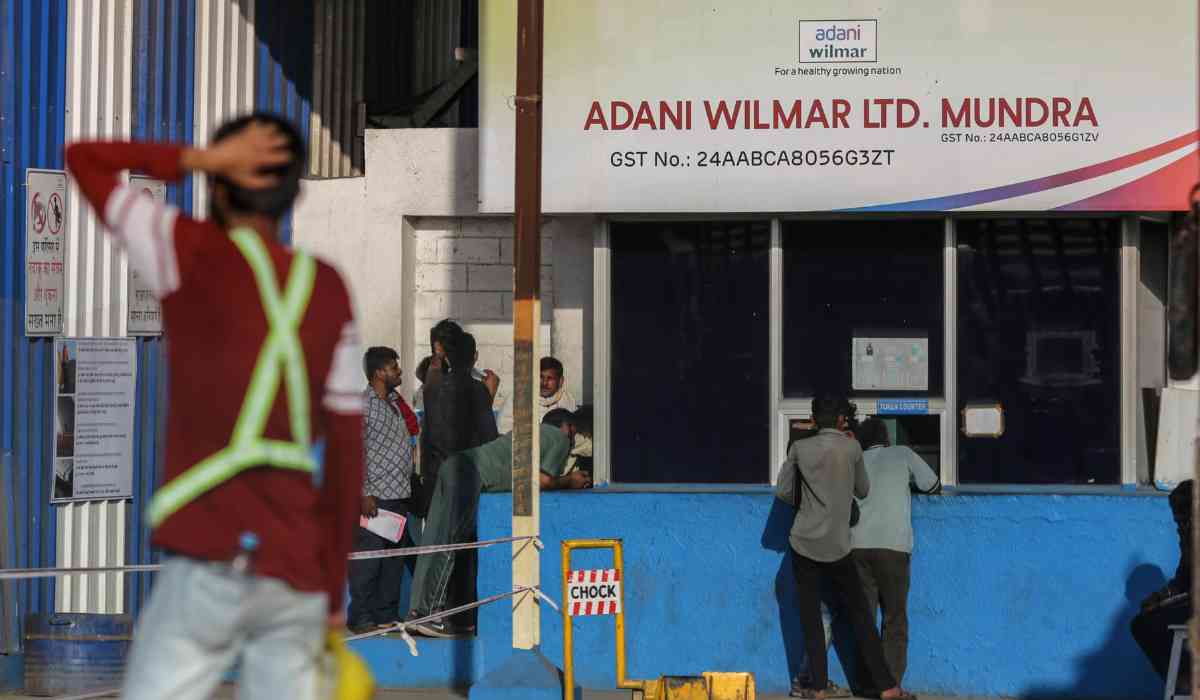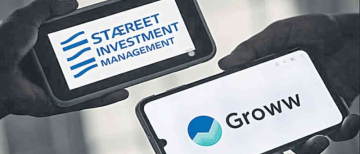In a strategic move to realign its business focus, the Adani Group has announced its decision to exit Adani Wilmar Limited (AWL), its joint venture with Singapore’s Wilmar International. This divestment is expected to generate over $2 billion for the conglomerate, enabling it to concentrate on its core infrastructure sectors.

Details of the Exit Strategy
Adani Enterprises Limited (AEL), the flagship company of the Adani Group, currently holds a 44% stake in AWL. The exit will occur in two phases:
1. Stake Sale to Wilmar International: AEL will transfer up to 31.06% of its equity shares in AWL to Lence Pte Ltd, a wholly-owned subsidiary of Wilmar International. This transaction will be executed through a call or put option mechanism, as per the agreement signed on December 30, 2024.
2. Public Shareholding Compliance: To adhere to minimum public shareholding norms, AEL plans to divest approximately 13% of its shares in AWL. This step ensures regulatory compliance and facilitates a smoother transition.
Upon completion of these transactions, Adani Enterprises will have fully exited its holding in Adani Wilmar.

Financial Implications
The divestment is anticipated to raise over $2 billion for the Adani Group. These funds are earmarked for reinvestment into the conglomerate’s core infrastructure sectors, including energy, utilities, transport, and logistics. This strategic reallocation aligns with the group’s long-term vision of strengthening its infrastructure platforms.
Impact on Adani Wilmar
Adani Wilmar, known for its flagship brand “Fortune,” is a significant player in India’s fast-moving consumer goods (FMCG) sector, particularly in edible oils and food products. With Adani’s exit, Wilmar International is poised to become the majority stakeholder, potentially influencing AWL’s strategic direction. The company has also indicated plans to rebrand, with potential new names such as “AWL Limited” or “Fortune Agri Business Limited” under consideration.
Market Reaction
Following the announcement, Adani Enterprises’ shares experienced a notable uptick, closing approximately 7% higher at ₹2,585 per share. In contrast, Adani Wilmar’s shares declined by 1.81%, closing at ₹323.25 per share. This mixed market response reflects investor sentiment towards the restructuring and its potential implications for both entities.
Strategic Rationale
The Adani Group’s decision to divest from AWL is part of a broader strategy to streamline its operations and concentrate on sectors where it holds a competitive advantage. By exiting the FMCG space, the conglomerate aims to allocate resources more efficiently towards infrastructure development, aligning with its core business objectives.
Regulatory and Compliance Considerations
The proposed transactions are subject to customary conditions, including requisite regulatory approvals. Additionally, the divestment plan ensures compliance with India’s minimum public shareholding norms, maintaining transparency and adherence to market regulations.
Future Outlook
With the divestment proceeds, the Adani Group is expected to bolster its investments in infrastructure projects, potentially enhancing its market position in sectors such as energy and logistics. Meanwhile, Adani Wilmar, under the majority ownership of Wilmar International, may undergo strategic shifts, including rebranding and expansion within the FMCG sector.
Our take:
The Adani Group’s exit from Adani Wilmar marks a significant shift in its business strategy, emphasizing a renewed focus on infrastructure development. This move not only realigns the conglomerate’s investment priorities but also opens new avenues for Adani Wilmar under Wilmar International’s stewardship. As both entities navigate this transition, stakeholders will keenly observe the unfolding developments and their implications on the market landscape.
With inputs from agencies
Image Source: Multiple agencies
© Copyright 2024. All Rights Reserved Powered by Vygr Media.























